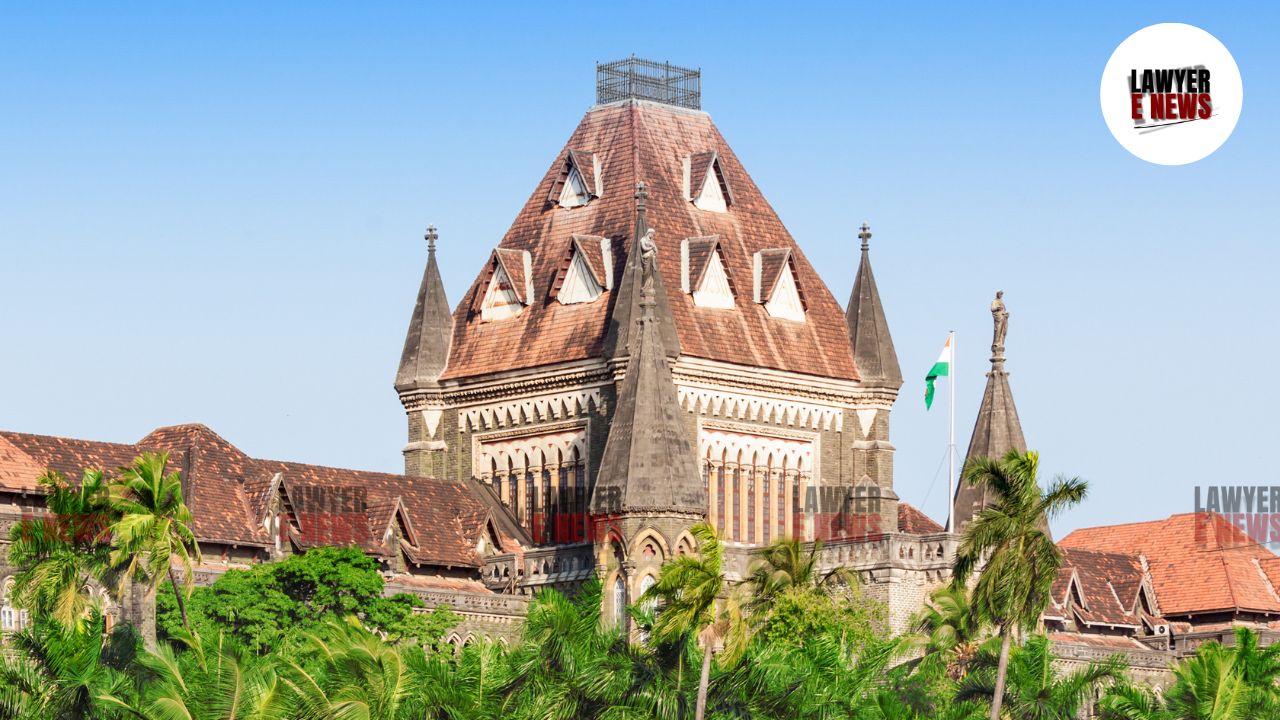-
by Admin
15 February 2026 5:35 AM



“Interim reports used to pass the order were not shared with the petitioner, violating principles of fairness," Court holds. Bombay High Court quashed an order passed by the Employees’ State Insurance Corporation (ESIC) under Section 45A of the Employee State Insurance Act, 1948. The order, which imposed a substantial contribution liability on SBI General Insurance Company Limited, was found to have violated the principles of natural justice. The court ruled that crucial interim reports relied upon by ESIC were never shared with the petitioner, depriving it of an opportunity to respond.
The conflict arose from an order dated December 29, 2023/January 1, 2024, in which ESIC demanded contributions from SBI General Insurance for alleged omitted wages. The order was based on two interim reports submitted by the ESIC Social Security Officers (SSOs) on June 2, 2021, and November 30, 2021. These reports detailed various financial discrepancies, including the failure of SBI General Insurance to produce certain documents related to wages, commissions, and brokers during the relevant period.
SBI General Insurance, through its counsel, Mr. Sudhir Talsania, argued that these reports were not made available to them before the order was passed. The company only became aware of the existence of these interim reports when they were referenced in the ESIC’s final order. The petitioner contended that the absence of access to these reports and the lack of an opportunity to respond violated the principles of natural justice.
The central legal question before the court was whether the ESIC’s reliance on undisclosed interim reports violated the petitioner’s right to natural justice. SBI General Insurance claimed it was unfairly subjected to a substantial contribution liability without being given a chance to review or respond to the evidence against it.
The court emphasized that quasi-judicial authorities, such as the ESIC, have a duty to disclose the material relied upon in adjudications. Without such disclosure, the affected party cannot adequately defend itself.
The Bombay High Court, presided over by Justice Madhav J. Jamdar, agreed with the petitioner’s contention that there was a clear violation of natural justice. The court noted that the interim reports played a significant role in the ESIC’s decision-making process, yet the petitioner was never provided copies of these reports nor given the opportunity to present its case.
Justice Jamdar referred to key Supreme Court rulings, including the case of Whirlpool Corporation vs. Registrar of Trade Marks (1998) and T. Takano vs. SEBI (2022). These decisions established that:
A quasi-judicial authority must disclose any material it relies on during adjudication.
The failure to provide such material violates the principles of natural justice, regardless of whether the authority formally acknowledges its reliance on those materials.
Citing these rulings, the court held that SBI General Insurance was entitled to a fair hearing, which required access to the interim reports relied upon by ESIC.
In its judgment, the court quashed the ESIC’s order and remitted the matter for fresh consideration. The ESIC was instructed to:
Supply copies of the interim reports dated June 2, 2021, and November 30, 2021, to SBI General Insurance.
Provide the petitioner with an opportunity to file its response to these reports.
Pass a fresh order after giving the petitioner a proper hearing.
The court also set a clear timeline for resolving the matter, directing that the petitioner appear before the ESIC on October 14, 2024, and that the proceedings be concluded by December 31, 2024.
The court clarified that it had not made any determinations on the merits of the case and that all contentions regarding the substantive issues were left open for further examination by the ESIC.
The ruling underscores the importance of transparency and procedural fairness in administrative proceedings. By quashing the ESIC’s order, the Bombay High Court reaffirmed the principle that no decision affecting a party’s rights should be made without providing that party with access to all relevant materials and a fair opportunity to respond.
Date of Decision: September 18, 2024
SBI General Insurance Company Limited vs. Employees’ State Insurance Corporation
